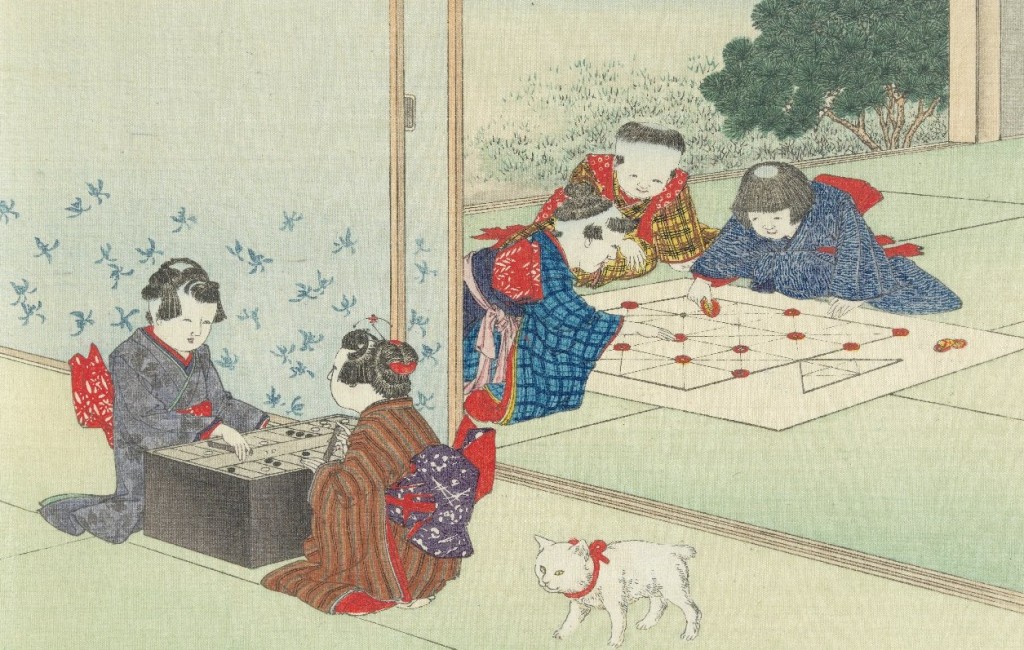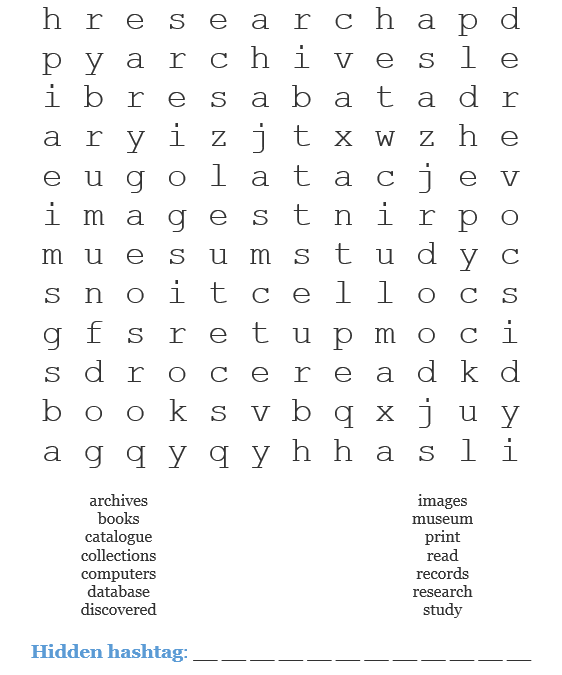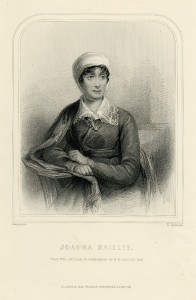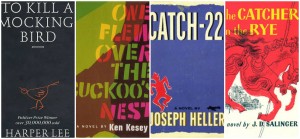All you need is love. But a little chocolate now and then doesn’t hurt.
Lucy Van Pelt (in Peanuts, by Charles M. Schulz)
Today we continued our campaign to spread Library Love by handing out Easter Eggs in the Main Library Foyer.

Many students are currently facing a lot of deadlines, so we want to show them that the Library cares about them with this popular comfort food! These statistics suggest that the people in the UK ate more chocolate than anywhere else in the world in 2011, with each person consuming 11kg on average!
While chocolate is alright occasionally, we will also be handing out some healthier, brain-boosting snacks to help students focus in the next few weeks, in the lead-up to exams. We are getting inspiration from things such as this great dessert recipe from the Lothian Health Services Archive:

Invalid fruit tart recipe, Royal Infirmary of Edinburgh School of Dietetics, c.1950. (LHSA Ref: LHB1/89/4/1). Find it here.
Follow us on Facebook and Twitter to find out more about our brain-boosting snacks, and other ways we are encouraging students to relax! Have a great Easter break!














